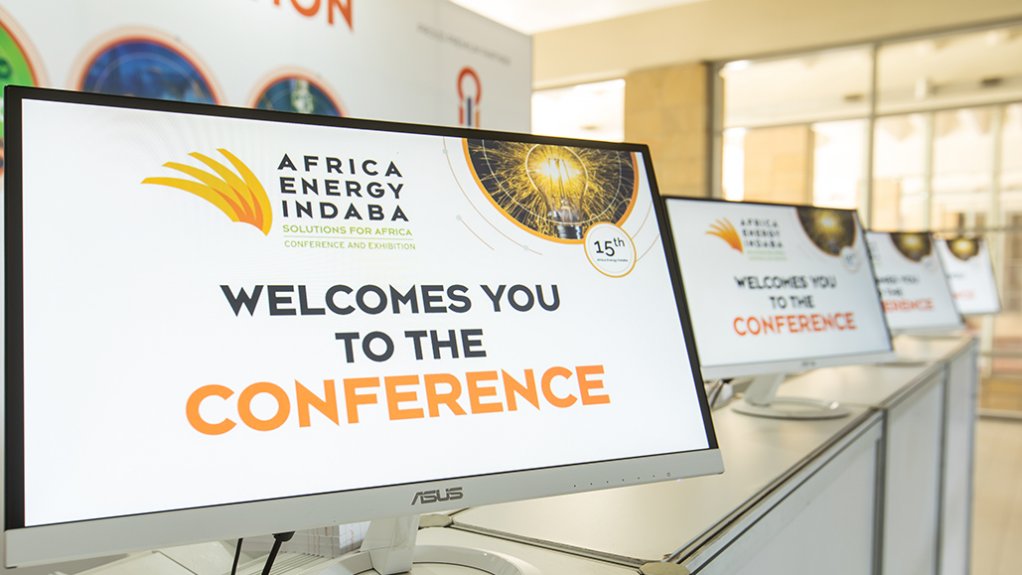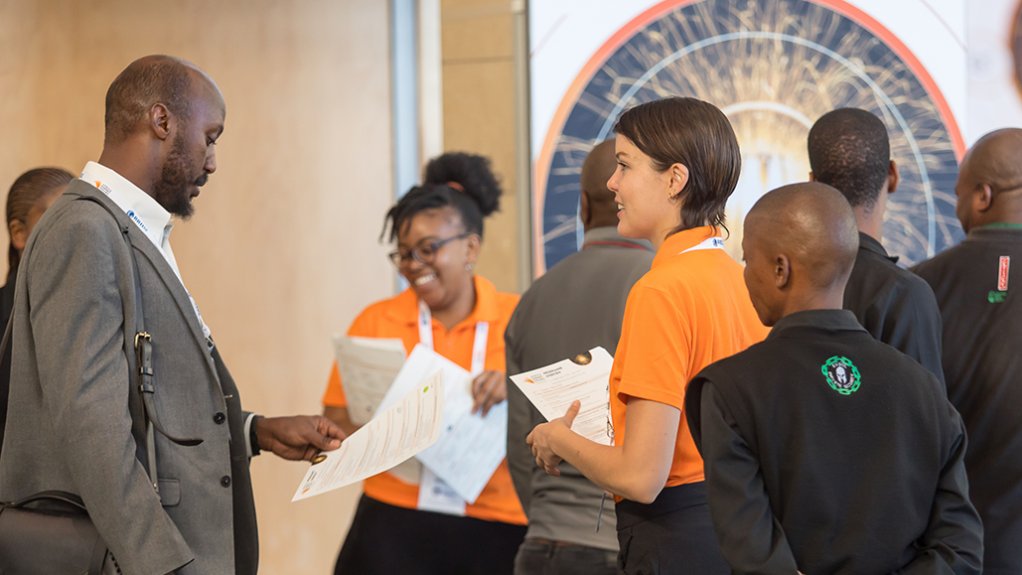With a focus on long-term sustainable development and innovation, African energy sector-focused event Africa Energy Indaba (AEI) aims to catalyse change and progress over the next decade.
The 2024 iteration of this event will be a “prime example” of this ongoing event’s relevance to the industry, says event organiser Siyenza Management MD Liz Hart, who says the event “reflects a comprehensive strategy designed to address both immediate and future energy challenges while aligning with broader goals of environmental conservation and economic empowerment”.
The AEI will be held in Cape Town from March 5 to 7 this year.
“The 2024 AEI is poised to be a comprehensive and forward-looking event that embraces an array of topics that are crucial to advancing Africa’s energy sector,” Hart says.
Central to the event’s theme is sustainable development and innovation in energy, with particular attention paid to Africa’s unique challenges and opportunities. Key focus areas include exploring the prospects of energy in Africa, maximising the value of the continent’s abundant natural resources, and delving into strategic investments necessary for bolstering energy infrastructure.
A significant aspect of the event, moreover, will be discussion of the role of development finance institutions and their impact on energy projects and policy.
The field of energy trading, the pursuit of net-zero targets, and the growth and potential of energy storage are also set to be focal points, emphasising the continent’s commitment to global climate goals, Hart notes.
Oil’s role in Africa’s energy transition, considering the continent’s abundant resources, will also be explored alongside the increasing importance of digitalisation in the energy sector.
“The AEI aims to shed light on off-grid solutions, crucial for rural electrification, and the development of transmission grids to improve energy distribution,” Hart tells Engineering News, adding that green energy’s role in manufacturing, the rise of e-mobility, and the importance of demand-side management will therefore also be discussed, “showcasing the event’s comprehensive approach”.
Renewable-energy developments, meanwhile, will be “unpacked in detail”, alongside discussions on ensuring a ‘just energy transition’ that balances economic growth with environmental sustainability.
The AEI will also showcase various innovations and technologies, including renewable-energy technologies, such as solar and wind energy; energy storage solutions; microgrid and smart grid technologies; green hydrogen production; energy efficient appliances and equipment; climate-resilient infrastructure; decentralised renewable-energy systems; and digital technologies for energy management.
Water-energy nexus solutions, such as solar-powered desalination systems, will also be highlighted.
The selection of keynote speakers and panellists for the 2024 AEI is strategically aligned with the event’s goals and objectives.
Panel discussions will be led by expert moderators, including South African Institute of International Affairs analyst Sean Cleary, Energy Institute fellow and energy executive Lamé Verre, Clean Tech Hub Nigeria COO Jacquelyn Mando, and others, and will offer diverse perspectives.
Participants such as diversified energy company Central Energy Fund’s Dr Ishmael Poolo and Kenyan Ministry of Energy and Petroleum’s Alex K. Wachira represent various sectors, “ensuring a comprehensive dialogue that encompasses technical, economic and social dimensions of energy solutions”.
Hart further highlights a unique feature of the 2024 AEI, namely the introduction of an Energy Startup Pavilion, which will serve as a launchpad for startups to access funding to scale their businesses and make an impact in the energy sector.
The event’s Business-to-Business Connect Programme, meanwhile, is specifically designed to facilitate business-to-business meetings, enhancing the potential for meaningful connections and collaborations, she notes.
Strategic Approach
The AEI’s strategy to provide detailed understanding and influence on energy and sustainability in Africa ensures it drives meaningful progress in these crucial areas, Hart says, adding that the event seeks to build alliances among governments, the private sector, and experts, fostering knowledge exchange and collaborative energy projects.
Additionally, she notes that it aims to influence energy policy-making, attract investments into renewable energy, enhance the capabilities of African energy professionals, and advance the realisation of the United Nations’ Sustainable Development Goals.
“Inclusivity and diverse representation are prioritised, particularly from African countries with emerging or underdeveloped energy sectors. Through broad representation, inclusive dialogue, focused discussions, collaborative platforms and support measures, the event’s symposium will ensure that the dialogue and learning opportunities it provides are accessible and relevant to all African countries,” she comments.
Overall, the AEI will address key challenges in Africa’s energy sector, such as energy access and affordability, infrastructure development, renewable-energy integration, policy and regulatory frameworks, and environmental sustainability.
“These discussions are crucial for the growth and development of the energy sector in Africa,” Hart concludes.
Edited by: Nadine James
Features Deputy Editor
EMAIL THIS ARTICLE SAVE THIS ARTICLE
ARTICLE ENQUIRY
To subscribe email subscriptions@creamermedia.co.za or click here
To advertise email advertising@creamermedia.co.za or click here















